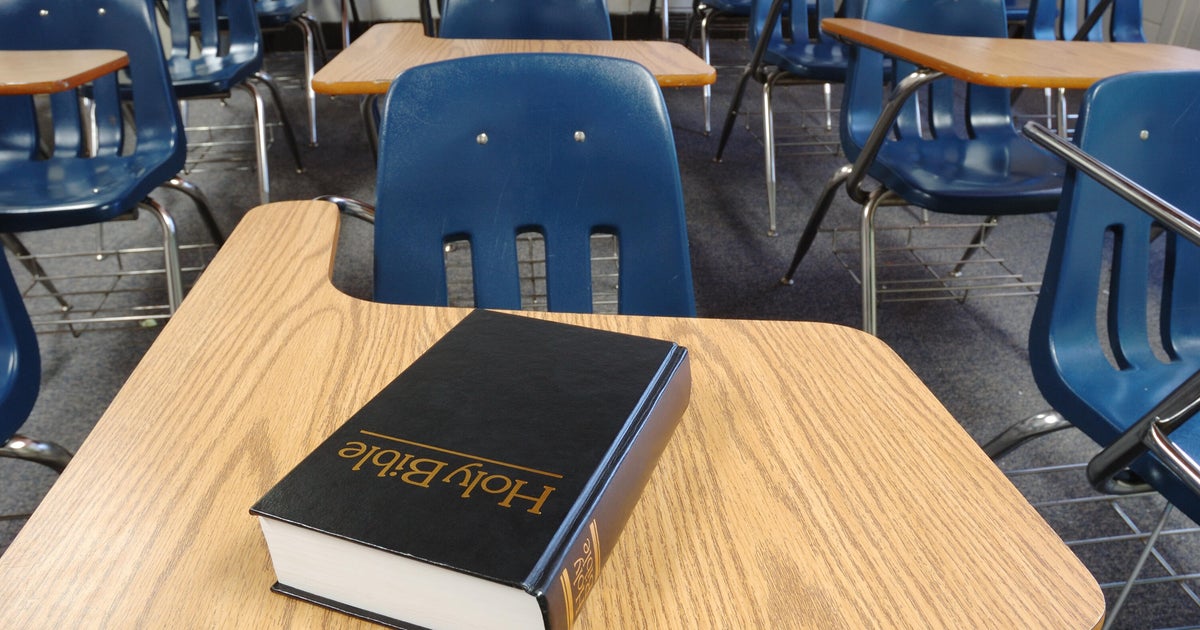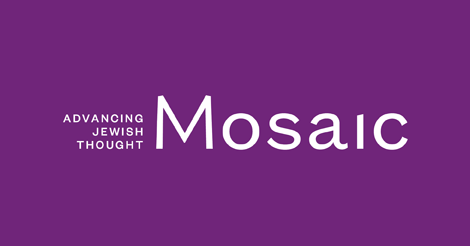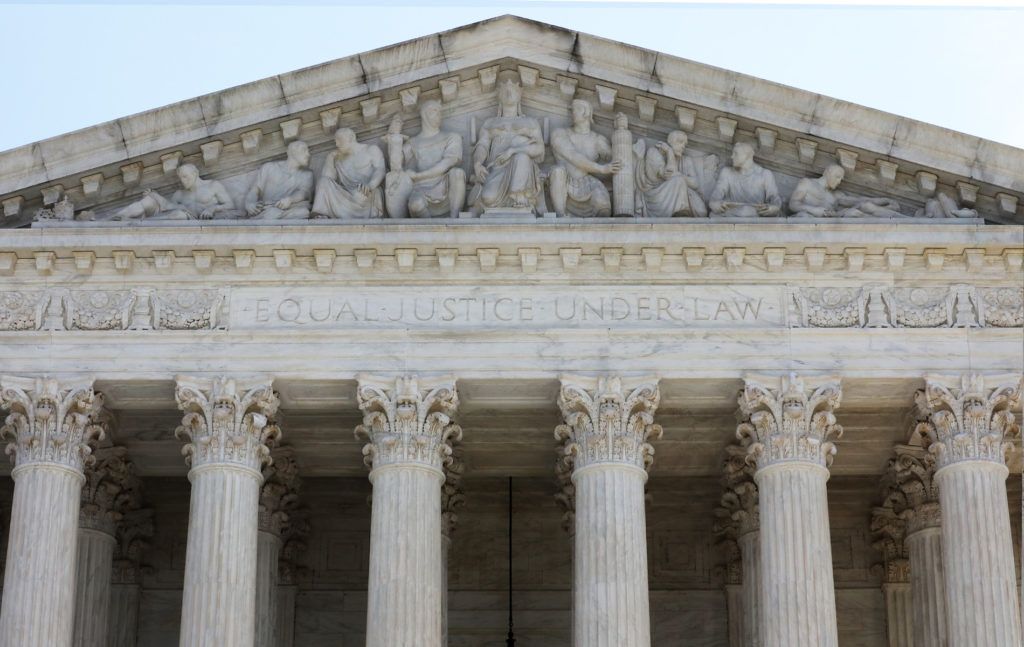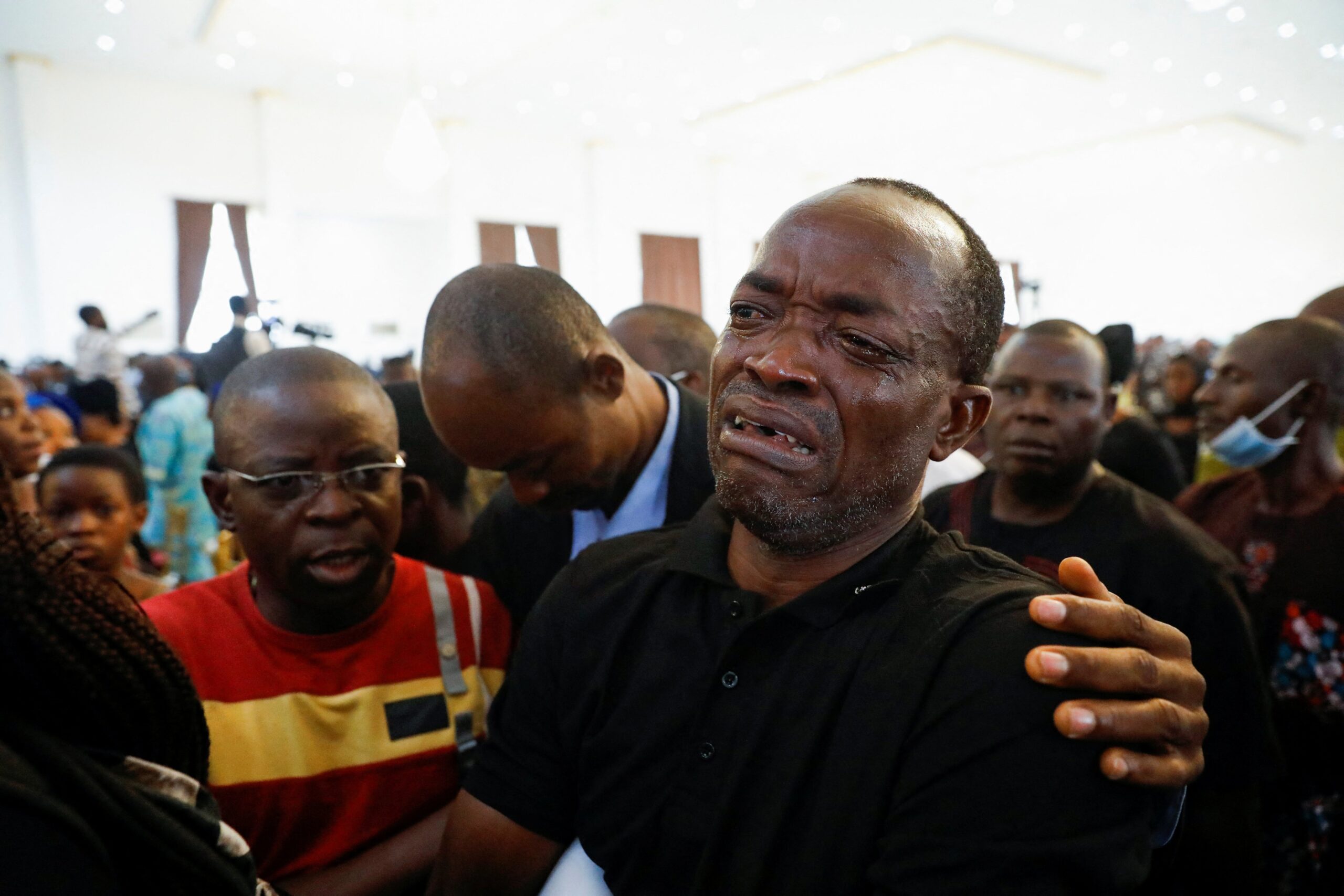Bible Battles: Why Religious Texts Are Being Challenged in Oklahoma Schools
Religion
2025-04-03 12:02:45Content

When religious texts enter public school classrooms, educators risk blurring the critical line between academic instruction and religious advocacy. The Bible, while historically and culturally significant, does not belong in Oklahoma's educational curriculum as an instructional tool.
Public schools serve diverse student populations with varied religious backgrounds and beliefs. Introducing biblical teachings risks marginalizing students who do not share the same faith perspective or creating an environment of religious pressure. Academic settings should prioritize objective, evidence-based learning that respects individual spiritual choices.
Oklahoma educators must maintain a clear separation between educational content and religious instruction. While understanding religious history and cultural contexts is valuable, direct biblical teaching crosses an inappropriate boundary in public education. Students deserve neutral, inclusive learning environments that encourage critical thinking and respect religious diversity.
The potential for proselytizing and unintentional bias makes biblical instruction in classrooms problematic. Teachers should focus on providing comprehensive, secular education that prepares students for academic and professional success, rather than promoting specific religious interpretations.
The Delicate Balance: Religion, Education, and Constitutional Boundaries in Oklahoma Classrooms
In the complex landscape of American education, few topics spark as much passionate debate as the intersection of religious instruction and public school curriculum. The ongoing dialogue surrounding the role of religious texts in educational settings continues to challenge educators, policymakers, and communities, particularly in states with deeply rooted religious traditions.Navigating the Thin Line Between Education and Indoctrination
Constitutional Considerations and Academic Integrity
The separation of church and state represents a fundamental principle of American constitutional law, particularly when it comes to public education. Oklahoma's educational landscape finds itself at a critical crossroads where academic freedom must be carefully balanced against potential religious overreach. Constitutional scholars and legal experts have long argued that introducing religious texts as academic material requires an extraordinarily nuanced approach that maintains strict neutrality and prevents inadvertent proselytization. Educators face significant challenges when attempting to discuss religious texts within an academic context. The potential for unintentional bias or inappropriate religious instruction looms large, creating a minefield of potential legal and ethical complications. Scholarly analysis demands an objective, analytical approach that treats religious texts as historical and cultural documents rather than sources of spiritual guidance.Pedagogical Implications of Religious Text Integration
The introduction of biblical content in public school classrooms raises profound questions about educational methodology and intellectual integrity. Teachers must navigate an incredibly complex terrain that requires deep understanding of both academic standards and constitutional boundaries. Professional educators recognize that religious texts can be studied from historical, literary, and cultural perspectives, but such exploration demands exceptional academic rigor and professional distance. Academic research consistently demonstrates the challenges of maintaining objectivity when discussing inherently complex religious materials. The risk of inadvertently promoting specific religious perspectives remains a significant concern for educational institutions committed to maintaining secular, inclusive learning environments.Cultural and Intellectual Diversity in Modern Classrooms
Modern educational environments must prioritize intellectual diversity and respect for multiple perspectives. Introducing biblical texts without comprehensive contextual analysis risks marginalizing students from diverse religious backgrounds or those who do not subscribe to specific religious traditions. Oklahoma's educational system must create spaces that encourage critical thinking, cultural understanding, and respectful dialogue without privileging any single religious perspective. The complexity of integrating religious texts into academic curricula requires sophisticated approaches that go beyond simplistic inclusion or exclusion. Educators must develop nuanced strategies that recognize the cultural and historical significance of religious texts while maintaining strict boundaries between academic study and religious instruction.Legal and Ethical Frameworks
Legal precedents consistently emphasize the importance of maintaining clear distinctions between academic study and religious promotion. Oklahoma's educational policymakers must carefully craft guidelines that allow for scholarly exploration of religious texts while preventing any form of religious indoctrination. This requires developing comprehensive frameworks that prioritize academic objectivity, intellectual freedom, and constitutional principles. The ongoing dialogue surrounding religious texts in educational settings demands continuous reflection, adaptation, and commitment to the highest standards of academic excellence and constitutional integrity.RELATED NEWS
Religion

Hijacked Hero: How the Religious Right Misappropriates Bonhoeffer's Legacy
2025-04-12 03:12:31
Religion

Sacred Statutes: Texas Lawmakers Seek to Bring Biblical Guidance into Classroom Curriculum
2025-03-19 22:31:17
Religion

Breaking: Solitary Muslim Lawmaker Challenges Religious Slurs in Gujarat Assembly Showdown
2025-03-24 23:17:45





